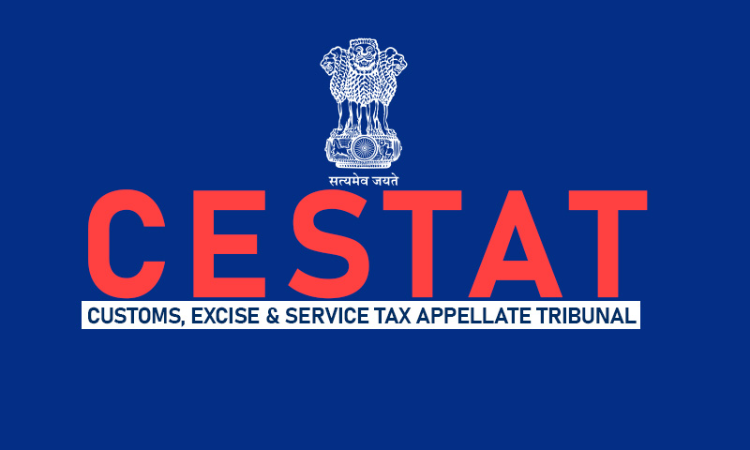The Chennai Bench of Customs, Excise, and Service Tax Appellate Tribunal (CESTAT) has held that MRP-based assessment is applicable only to mineral water and aerated water and not to packaged drinking water.The bench of Sulekha Beevi C.S. (Judicial Member), and Vasa Seshagiri Rao (Technical Member) has observed that packaged drinking water cannot be assessed under Section 4A of the Central...

